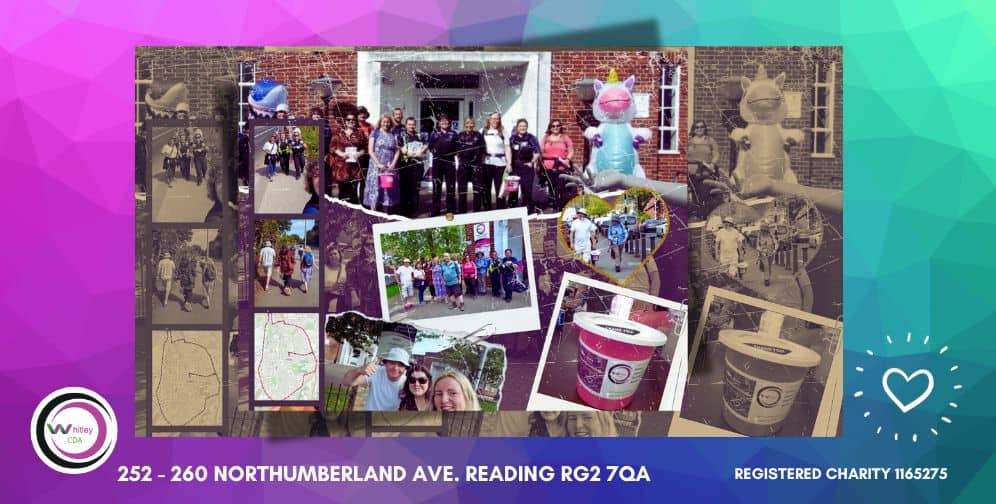Whitley CDA was formed by local residents with a simple ethos; that Whitley would be regarded as a great place to grow up, live and work. In order to achieve this we have to deliver the outcomes and impacts that the community defines and wants. One of the identified priority outcomes is regarding environmental impact and how to improve that.
Of course the pandemic has meant that everything changed and in mid-March 2020 the lockdown created new and immediate needs. The social club and café was forced to close, other projects were put on hold and we sharpened our focus on the day-to-day needs of the most vulnerable. We adapted the way we worked to meet the needs of the Whitley community.
However whilst we were doing this we have also had a positive impact on our environmental goal. Our food surplus project takes food from supermarkets like, M&S, Morrisons and Lidl, as well as food wholesalers like Bidfood and then redistributes to the people who need it. This means that food that would otherwise go to landfill goes to the community. Saving that food from landfill has a positive impact on reducing CO2 emissions.
We know that with M&S alone we have saved 45 tonnes of CO2. The average family of 4 creates 10 tonnes of CO2 emissions each year. When we consider that we could include Morrisons, Lidl, Bidfood and others it’s quite possible that we are actually saving somewhere in the region of 200 tonnes of CO2 a year. In addition we now have a relationship with a local pig farm, this means that no food goes to landfill as anything that we are unable to redistribute is shared with the pig farm.
If we calculate this CO2 saving its could be compared to;



All the food we receive from supermarkets and wholesalers is in good condition to eat. We do our best to make sure that it is redistributed quickly and effectively and no one who visits us is asked to prove their need.
Imke Wilson
It would be criminal to send such quantities of food to landfill when there are members of the community who are in need of food. It is not right that people are having to make daily choices between things like food or heating or how they are going to get to work.
All the food we take saves the suppliers having to pay for it to be destroyed and disposed in landfill. Thus we are saving them costs and getting food to people who need it and as a bonus we are helping the environment too.
Chair of Whitley CDA
If you would like to know more about food and its carbon footprint you can read this website https://toogoodtogo.org/en/movement/knowledge/the-carbon-footprint
If you would like to learn more about your own carbon footprint and how you can work on reducing it you can check this website https://www.carbonfootprint.com/











